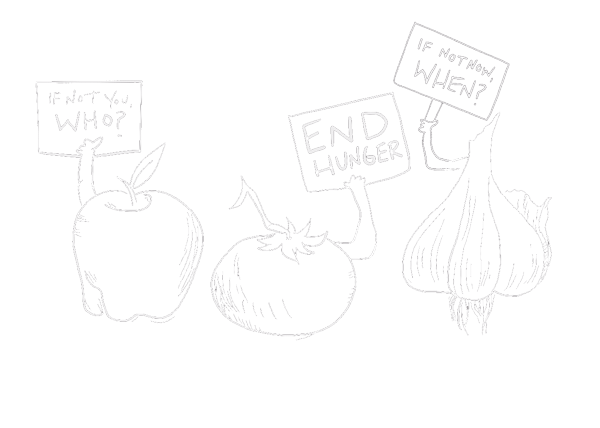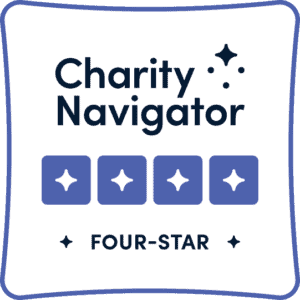Community Partner Spotlight: Nutrition Education with Leah’s Pantry
Everybody has a relationship with food. For community members facing hunger, it can be a complicated one. A healthy relationship with food includes local accessibility to affordable and nutritious food options, which for some people in San Diego County is not an option. This is why Feeding San Diego works with more than 300 community partners including local charities, schools, faith communities, meal sites, and food pantries, to distribute nutritious food to those in need. One of these partners is Leah’s Pantry, a California-based nonprofit dedicated to improving the health, wellness, and resilience of communities through trauma-informed nutrition education.
The San Diego County Childhood Obesity Initiative reported that more than one-third of fifth, seventh and ninth grade children enrolled in San Diego County public schools in 2014-15 were overweight or obese. Additionally, obesity rates among economically disadvantaged students was over twice the rate than students who were not.
Community members facing hunger not only need more food to eat, they need healthier food. According to a 2017 study published by U.S. Department of Agriculture, hunger is associated with all 10 chronic diseases examined: hypertension; coronary heart disease; hepatitis; stroke; cancer; asthma; diabetes; arthritis; kidney disease; obstructive pulmonary disease.
To improve the community’s relationship with food, Feeding San Diego sponsors five partners to take through Leah’s Pantry Nutrition Program every year. The six to nine month program focuses on creating six areas of support: cultural and dietary accommodations; community connections; inventory and purchasing; nutrition goals and pantry plans; nutrition education; and environment.
“Leah’s Pantry helps Feeding San Diego eliminate barriers to food distribution for those who need nutritious food the most,” says Kerri Kolarik, Feeding San Diego neighborhood partnerships manager. “The Nutrition Pantry Program helps our partners create more dignity by creating an environment that feels just like any other grocery store experience.”
The program provides pantries with resources, training, technical assistance and support based on the pace and the needs of the pantry to best serve the community.
“Just as we encourage our pantries to be client centered, our programs are pantry centered,” says Carrie Richerson, program specialist at Leah’s Pantry.
Pantries vary as much as the community members they serve. Three of the five pantries Feeding San Diego sponsored last year transitioned from pre-bagged food distribution to client-choice models. In this new model, clients get to choose what they take home as opposed to picking up a pre-packaged tote.
“They’re basically going into what looks like a small market,” says Richerson.
Client-choice pantries allow community members to align their products with their individual health needs and minimizes food waste as people are not receiving food they are unable to use.
One of the agencies Feeding San Diego sponsored last year was Bethlehem Food Pantry, a pantry that provides a weekly food distribution to El Cajon residents in need.
As a result of going through the program, Bethlehem Pantry revamped their offering to better serve their community members.
“Before, we were just offering things we could do so inexpensively — pasta, soup, canned beans,” says Susan Naslund, Bethlehem Pantry manager. “Leah helped us do a survey with our guests to ask what it is they want. We found out they want the fresh produce, they want the fresh meat, so we were able to offer them that and offer it as a choice.”
Bethlehem Pantry is on track to become gold-star certified pantry, meaning they excel in five of the six Nutrition Pantry Program areas of support. Gold-star certification opens new opportunities for the pantry to receive funding toward nourishing community members facing hunger.
“Leah’s Pantry helped us see you can offer something that’s not just good enough, but the best it can be,” says Naslund.









